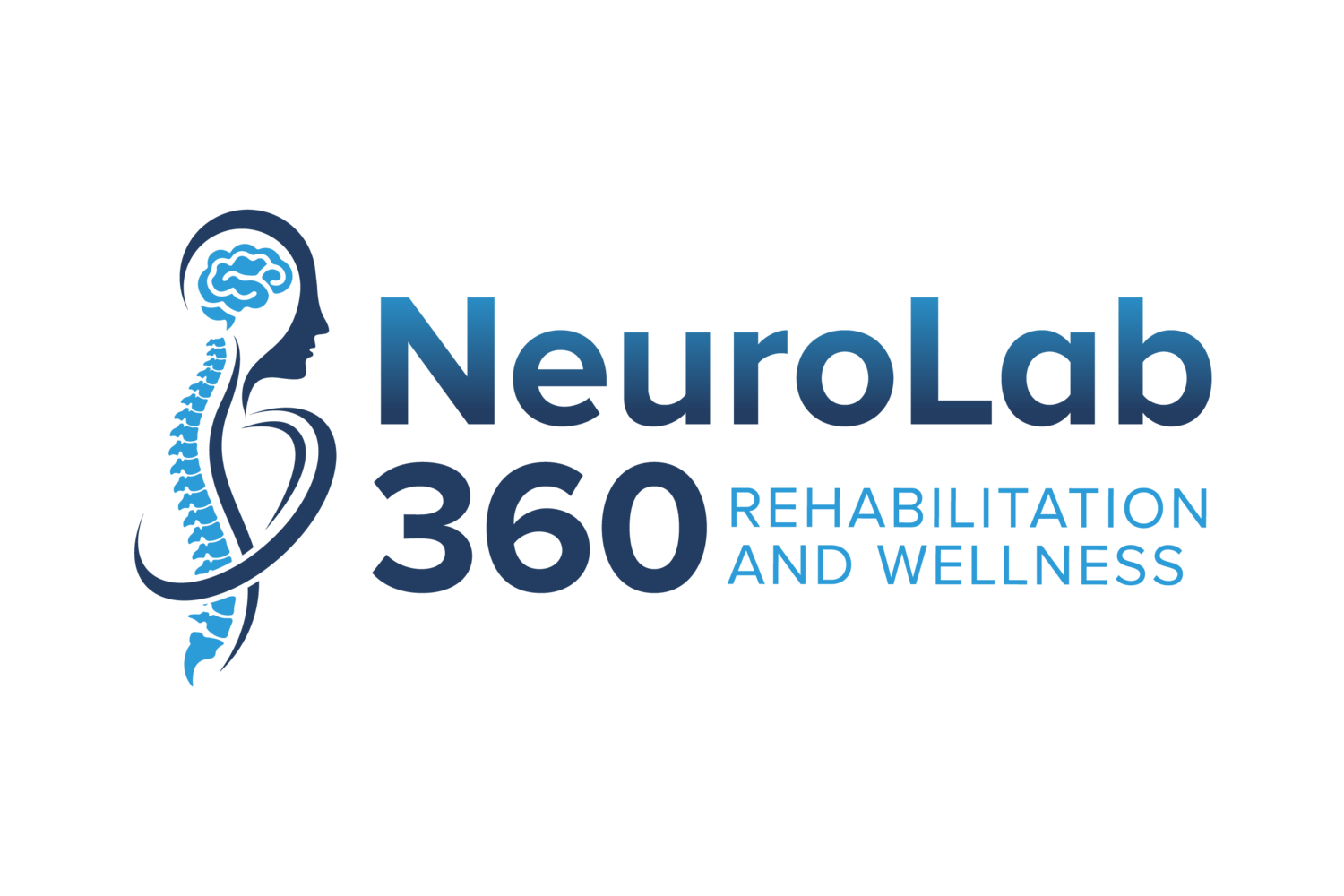Tai Chi and Reducing Risk of Falls
If you have been keeping up with our blog posts, you know that several interventions including modifications of the home environments and exercise have been applied for preventing falls in older adults. However, we have yet to touch upon Tai Chi. In this blog post we will discuss Tai Chi and what the research says on reducing risk of falls.
What is Tai Chi?
Tai Chi is rooted in Chinese medicine and has been practiced for thousands of years. The practice blends together both martial arts and meditation. It involves a series of movements performed in a slow, focused manner that is accompanied by deep breathing. Movements are self-paced and consist of gentler physical exercise and stretching. Each posture flows into the next movement without pause, ensuring that one’s body is in constant motion.
Types of Tai Chi
There are five primary forms of Tai Chi:
Chen – Oldest form of Tai Chi. Characterized by a combination of slow and then quick movements. Flowing movements start at the feet and move into the hands. This is the foundation of Chen-Style.
Yang- The most widely practiced across the world today. Focuses on flexibility by performing large sweeping movements that are executed in a slow and graceful motion.
Wu- Focuses on extending the body by leaning forward and backwards versus standing in a centered position. Tends to be more balance focused.
Sun – Has an increased focus on footwork, paired with soft hand movements.
Hao – Requires a more advanced skill level. Strong emphasis on controlling the movement of qi (internal force ).
Who can do Tai Chi?
Anyone! Tai Chi is low impact and puts minimal stress on muscles and joints, making it a great exercise choice for all ages and fitness levels. Another advantage to Tai Chi is that it can be done anywhere and does not require any equipment.
Health benefits of Tai Chi:
Muscle strength: Tai Chi has been shown to improve both lower and upper body strength. When practiced regularly, Tai Chi can be comparable to resistance training and brisk walking.
Flexibility: Tai Chi has been shown to improve both lower and upper body strength.
Aerobic conditioning: Depending on the speed and size of the movement, Tai Chi has been shown to provide some aerobic benefit.
Mental Health: Regularly practiced Tai Chi has been shown to reduce stress and anxiety. It is believed that the slow mindful breaths and movements have a positive effect on the nervous system and mood-regulating hormones.
But what about balance???
Here’s what the research is saying about Tai Chi and the impact it has on balance! Here are some findings from various studies.
Tai Chi exercise significantly reduced the rate of falls compared to the control ( those who didn’t perform Tai Chi)
In the meta-analysis of the number of fallers, the chance of falling at least once was significantly lower in the Tai Chi group than the control group
The reduction in fall-risk seems to be larger in participants taking Yang style Tai Chi than Sun style Tai Chi ( See above )
The participants in the Tai Chi group were generally associated with lower rates of falls in various subgroup
Tai Chi once a week and twice a week was compared with low-level exercise for 20 weeks; the results suggested that the number of fallers was lower in the twice per week group (53.4%) than the once per week group
On the basis of 18 random control trials including 3824 participants, this systematic review indicated that Tai Chi significantly reduced the number of fallers (by 20%) and the rate of falls (by 31%)
A previous meta-analysis of 13 RCTs have indicated that Tai Chi was effective in improving balance and reducing falls in the non-frail elderly
Increase in Tai Chi exercise frequency was associated with a significant increase in the preventive effect, in terms of number of fallers and rate of falls
How to get started
There are various ways to get started, watch videos, or read books about Tai Chi. It may be best to seek guidance from a qualified Tai Chi instructor to gain the full benefits and learn the proper techniques.
If you want an intro to Tai Chi check out our on demand section here and take our Tai Chi class!
Resources:
Huang ZG, Feng YH, Li YH, Lv CS. Systematic review and meta-analysis: Tai Chi for preventing falls in older adults. BMJ Open. 2017 Feb 6;7(2):e013661. doi: 10.1136/bmjopen-2016-013661. PMID: 28167744; PMCID: PMC5293999.

